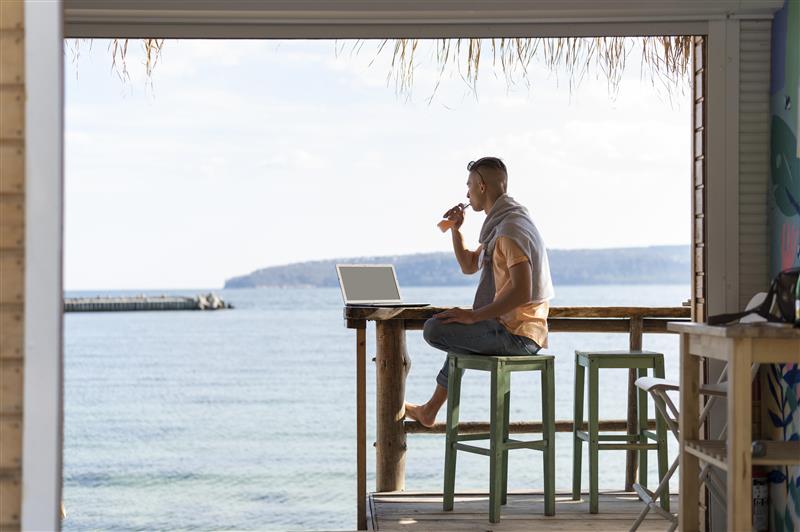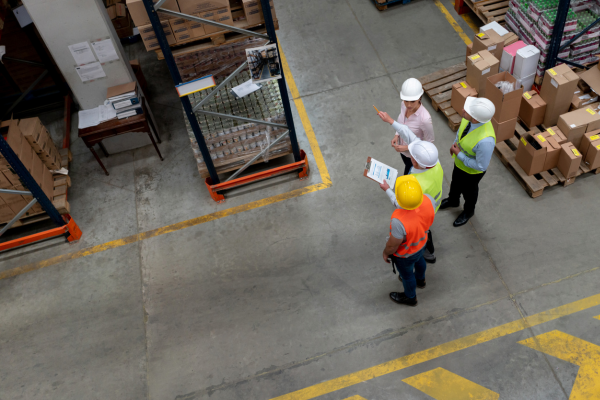For a long time it was thought, or rather feared, that the visa and residence permit for digital nomads would remain dead letter. The novelty introduced in 2022, which was supposed to make Italy a prime destination for all those highly specialised workers, whether self-employed or employed by Italian or foreign companies, who are able to carry out their activities completely remotely, seemed unlikely to become effective.
The Pandemic, among other things, has left us with the understanding that certain activities can be carried out completely remotely, and given that the beauty of the Italian territory has always been a source of great attraction, it was therefore easy to understand how much a visa and residence permit directed at people with these characteristics and skills can be required by companies and individuals.
Now, with the implementing decree of 29 February 2024, just published in the Official Gazette, this visa and permit is finally a reality. The decree precisely, as had been planned since 2022, sets out the procedures and requirements for the entry and issuance, outside of the quota system of the flows decree, of the residence permit, as well as the categories of highly qualified workers who can benefit from the relevant digital nomad residence permit. Here is a quick rundown of the main provisions:
- workers can be both self-employed and subordinate, even hired by companies not resident in the national territory;
- no entry clearance is required. The visa is requested directly at the Italian diplomatic/consular representations abroad, by producing:
- proof of a minimum income of more than 3 times the minimum for exemption from health expenses,
- annual insurance
- appropriate documentation concerning accommodation arrangements
- evidence of previous experience of at least six months in the work activity to be carried out as a digital nomad or remote worker
- employment/collaboration contract
The permit is requested within 8 days of entry and issued directly by the Questura, for a period of up to one year, renewable for periods of up to one year if the requirements for the first issue are maintained.
It is also very important to note that the decree confirmed that family reunification is possible for holders of the digital nomad permit.
***
LCA’s Immigration team is at your disposal for further clarifications on the visa and residence permit for digital nomads and will keep you updated on the latest developments in Italian immigration law.
DOWNLOAD PDF


